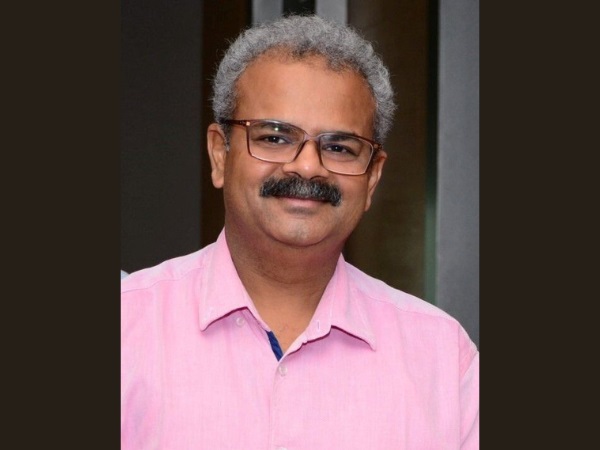Dr Vivek Gaur, a distinguished figure in the field of Oromaxillofacial Surgery, has made a significant contribution to the Annals of Maxillofacial Surgery, a leading journal in the field. His innovative work on a new treatment option for nonunion mandibular fractures has been published in the 2022 issue of the journal.
Dr Gaur, who is associated with Jaipur Dental College, Maharaj Vinayak Global University, Jaipur, has co-authored the paper titled “Management of Mandibular Nonunion Fracture with Single-Piece Implant – A Case Report”. The paper presents a unique treatment approach for noninfected hypertrophic, horse hoof nonunion edentulous mandible with Luhr class 1 fracture.
The technique, which involves the use of single-piece corticobasal jaw implants, has shown promising results. After two years, complete unification of the fracture line and callus adaptation was observed. This new method is expected to enhance the success rate of treating nonunion mandibular fractures and improve patient outcomes.
A detailed explanation of the paper “Management of Mandibular Nonunion Fracture with Single-Piece Implant – A Case Report” by Dr Vivek Gaur and his team:
Introduction: The paper begins with a discussion on the challenges of treating fractures, particularly nonunion fractures. It introduces the classification of mandible atrophy and nonunion fractures. The authors propose a new treatment option for noninfected hypertrophic, horse hoof nonunion edentulous mandible with Luhr class 1 fracture.
Case Report: The paper presents a case of a 55-year-old completely edentulous male patient with a fracture of the right side body of the mandible due to trauma. The patient complained of pain while attempting to keep his mouth wide open. A nonunion of the fracture on the right side of the body of the mandible was observed. The patient was advised a unique treatment option to have a functional fixed immediate restoration supported by single-piece implants.
Procedure: The procedure involved the placement of 10 BECES® (SIMPLADENT, GmbH, Switzerland) corticobasal single-piece jaw implants in the maxilla and eight implants in the mandible. The implants were placed without raising a flap, engaging double pterygoids bilaterally. A postoperative panorama was taken to check the implant placement. The same day after the implant placement, an impression was made with stock metal trays on pickup impression caps supplied along with implants by polyvinyl additional silicon putty impression material.
Prosthesis: The next day, a semipermanent metal to acrylic material hybrid prosthesis was cemented over the implant abutment by resin- modified glass ionomer permanent cement. The prosthesis of both jaws was fabricated sanitary at intaglio surface posteriorly and anteriorly modified ridge lap.
Results: After two years, a panorama was taken, and complete unification of the fracture line and callus adaptation was observed. The patient’s lower jaw was shifted back to its original position, i.e., toward the right, maintaining the facial midline. Increased mouth opening without any pain was observed.
Discussion: The paper discusses the benefits of single-piece bicortical implants and how they have been in function for a long period. The authors explain how implants, when placed surgically, create trauma, resulting in an increase in microcracks leading to a spurt in remodeling at the site, which progresses over the jaw and of hyperplastic callus leading to ossification and maturation of callus.
Conclusion: The paper concludes by stating that for the first time ever, a nonunion fracture has been treated successfully by implants following an immediate functional loading protocol. Furthermore, the complaint of discomfort and pain was addressed and treated with success.
References: The paper includes an extensive list of references, indicating a thorough review of the existing literature and a solid grounding in previous research.
Dr Gaur’s work is a testament to his commitment to advancing the field of Oromaxillofacial Surgery. His innovative approach and dedication to research have been instrumental in pushing the boundaries of what is possible in the field.
Dr Gaur’s work can be accessed in the Annals of Maxillofacial Surgery’s 2022 issue, available on the journal’s official website at https://journals.lww.com/aoms/.
For further information or to schedule an interview with Dr Vivek Gaur, please contact him at drvivekgaur@yahoo.co.in.
Dr Vivek Gaur is a leading figure in the field of Oromaxillofacial Surgery. He is currently associated with the Department of Oromaxillofacial Surgery at Jaipur Dental College, Maharaj Vinayak Global University, and Jaipur. Dr Gaur’s research and clinical work have significantly contributed to the advancement of Oromaxillofacial Surgery, particularly in the area of implant techniques.


